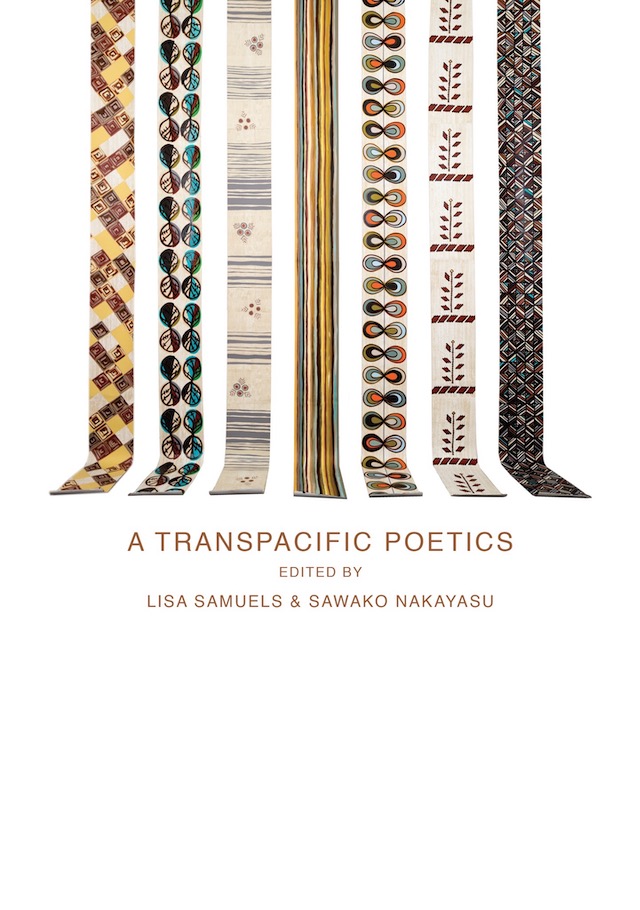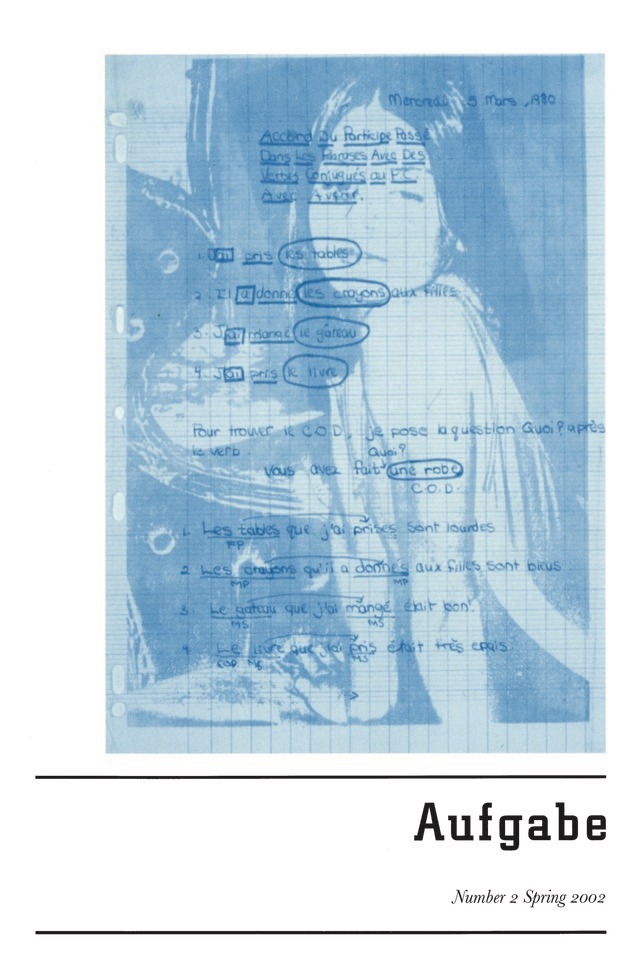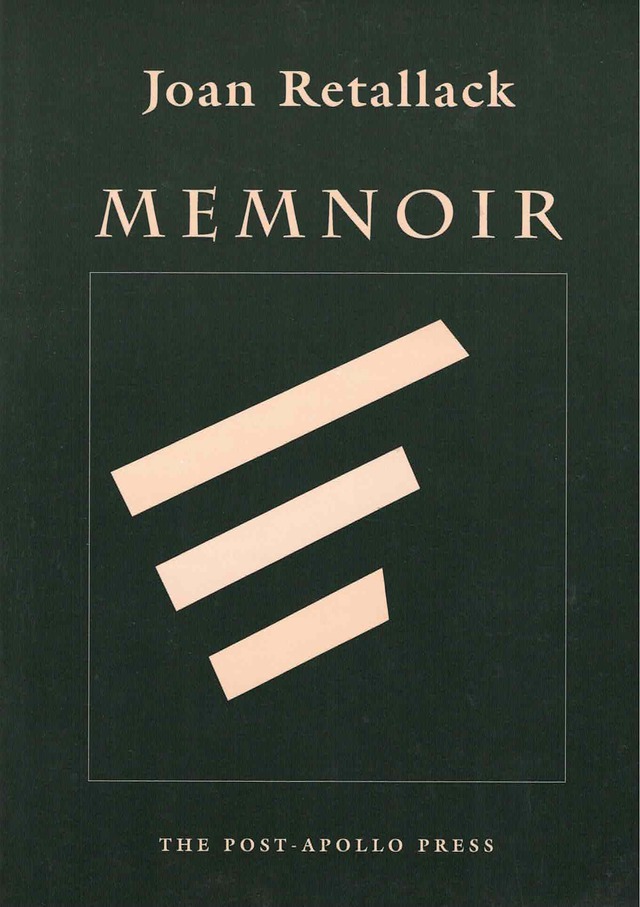In The Seven Voices, “each poem is an abstract correlative of a subjective experience, a ‘refraction journal.’ Everything means exactly what it says.” Lisa Samuels writes as if basing language on something it is not; or as if (all) language, having no content, makes the motions of something else. So she deliberately voids the language as a daring means of creating an alternate that isn’t in language as if outside by being the same as language. The writing shapes “A tonal synchrony” in which the senses can correspond to something else (rather than to that synchrony). This correspondence occurs awkwardly by “inaccommodation with the very shape.” Yet the synchrony holds so that “that singularity is a violation of perspective.” She says about The Seven Voices, “The title arises from Gnostic mysticism: the voices are angelic entities inhabiting the Treasury of Light. Apparently there are seven voices.” And “nothing that happens is possible, so continuity and destructuring coexist across the falls.”
Lisa Samuels
Praise for The Seven Voices
Lisa Samuels takes the risks of her mentor, Laura Riding, in experimenting with poetry “underneath / the lying tree.” Often, the resulting trace of her inquiry borders on the absolute in its unrequited syntax. Shapes result, some of the most evocative spatial allegories for meaning since Frank O’Hara’s “Biotherm.” The skin of poetry is what “you” feel in the play of its absence. There is nothing procedural in this writing. It is necessity, forced and yielding a suspended judgment in the made relations of language, an available truth.
— Barrett Watten
The seven voices of Lisa Samuels: “Dominions over time construct / escarpments tilting just,” the “many-voicedness unsettling / the jostled edge of language.” These bring about a lucid certainty: eight, nine, ten, eleven, twelve… We’ve just begun to hear them.
— Joan Retallack
“Ordinary grace” becomes ineluctably sufficient in Lisa Samuels’ first collection of poems… as if each of its seven voiced veils opened into rippling, then melting perceptions—language emblazoning itself.
— Charles Bernstein





Fictive utterances principally engage language to assist in building micro-worlds. Non-fiction tends to rely on language to verify some strings that hold us in the world and the world in us. Poetry trends to linguistic density and attention, to how language makes us know how we know in and out of language, and to imagining what we don’t know. Because I am most transacted by the latter equations, I write poetry.
— Lisa Samuels, interviewed by Rob McLennan